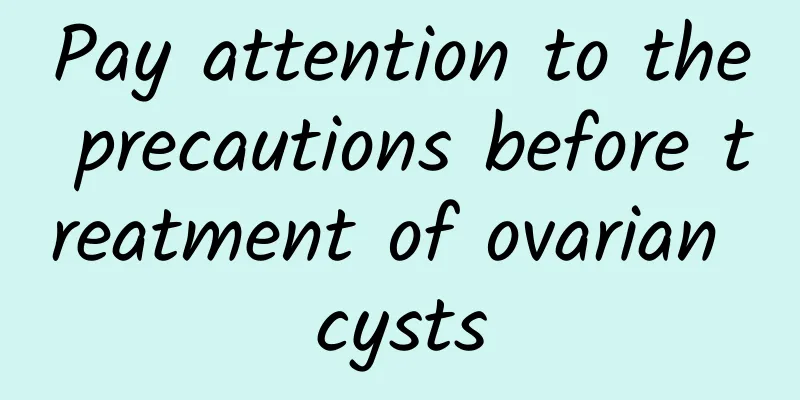How much progesterone is considered an ectopic pregnancy?

|
Progesterone levels play an important role in diagnosing ectopic pregnancy. Progesterone levels alone cannot confirm ectopic pregnancy, but progesterone levels can be used as an auxiliary indicator. Generally speaking, low progesterone levels are an important indicator of ectopic pregnancy, but a confirmed diagnosis also requires other indicators, clinical symptoms and imaging examinations, as well as treatment methods for ectopic pregnancy. It is recommended to seek medical attention in a timely manner and take appropriate treatment measures according to the doctor's orders according to different situations. Maintaining a healthy lifestyle and regular physical examinations can help detect and deal with abnormal conditions early. The details are as follows: 1. Low progesterone levels: In the case of ectopic pregnancy, progesterone levels are usually low, usually less than 20ng/mL. It is recommended to seek medical attention in time, confirm the progesterone level through blood tests, and perform ultrasound examinations to determine the location of the embryo. 2. Other indicators for diagnosing ectopic pregnancy: In addition to progesterone levels, human chorionic gonadotropin levels are also important diagnostic indicators. Regular testing is required. If the level increases slowly or decreases, you should be alert to the possibility of ectopic pregnancy and seek medical attention in time. 3. Clinical symptoms: Patients with ectopic pregnancy often experience abdominal pain, vaginal bleeding, etc. If the above symptoms occur, you should seek medical attention immediately and confirm the diagnosis through ultrasound and blood tests. 4. Imaging examination: Transvaginal ultrasound is an important means of diagnosing ectopic pregnancy. Ultrasound examination in early pregnancy can help detect ectopic pregnancy early. 5. Treatment methods: Depending on the specific circumstances of ectopic pregnancy, treatment methods include medication and surgery. Follow the doctor's advice to choose the appropriate treatment method, such as medication or laparoscopic surgery. In order to reduce the risk of ectopic pregnancy, you should maintain a healthy lifestyle, have regular physical examinations, and promptly detect and deal with abnormal conditions. For people who have developed related symptoms, they should seek medical attention in a timely manner and tell the doctor a detailed medical history and current situation so that they can receive timely treatment and intervention. |
<<: How much does painless abortion surgery cost?
>>: How to treat uterine fibroids better
Recommend
What harm does irregular menstruation bring?
What harm does irregular menstruation bring? Many...
Maintaining daily vulvar hygiene is the main way to prevent cervical hypertrophy
Generally, common cervical hypertrophy will not c...
Treatment of irregular menstruation due to liver and kidney deficiency
Liu Xia is just 26 years old this year, but she h...
15 must-eat fruits and vegetables for detoxification and weight loss in autumn
Autumn is the best time to detoxify and lose fat....
Habitual abortion cure rate
Although miscarriage is very harmful, there are m...
When is the best time for painless abortion?
Pregnancy is a good thing for everyone, but not e...
What are the treatments for vulvar itching?
Almost all women of childbearing age have experie...
Yoga twist! Solve abdominal digestion and obesity problems
Daily detox yoga uses short and simple movements ...
Doctors teach you how to eat in the first week of weight loss. Just do it right once and you will be successful forever.
The first week of weight loss is usually the hard...
Can patients with hyperprolactinemia eat a bland diet?
People with hyperprolactinemia can eat winter mel...
Typical symptoms of acute cervicitis
Cervicitis is a common disease among women. The m...
What are the effective measures to prevent dysmenorrhea?
Among gynecological diseases, few women actually ...
Han Kuo-yu keeps his health regimen secret: warming feet, massaging abdomen... Chinese medicine: do this to get more points!
The election campaign is fierce. Candidates are r...
What should I do if my vaginal discharge is as much as water? Pay attention to personal hygiene
Women's leucorrhea is as much as water, so th...
Why does frequent gaming also lead to functional uterine bleeding?
Nowadays, many girls are addicted to computer gam...









